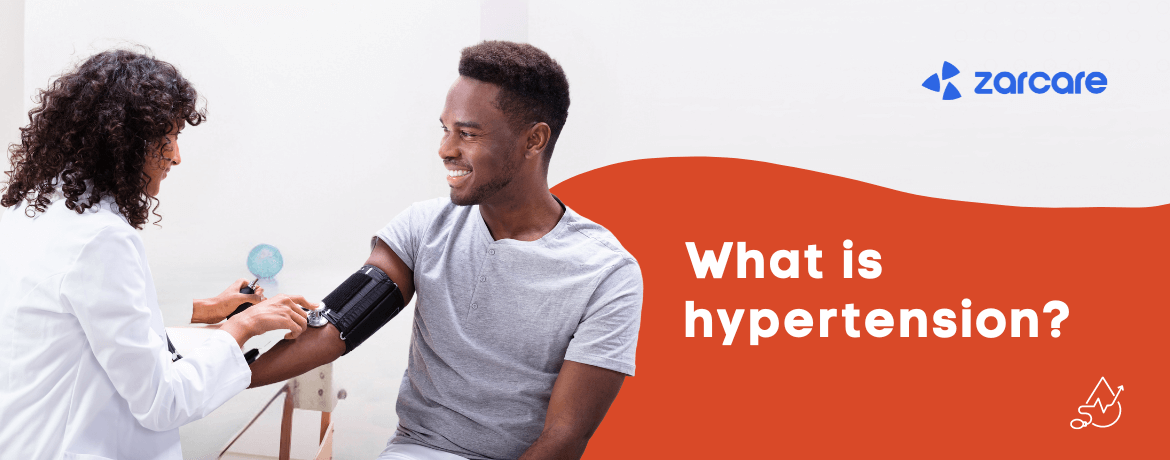What is Hypertension?

Hypertension is a common condition where the force of blood against the walls of arteries is consistently too high. The heart must work harder to pump blood, which can lead to serious health problems if left untreated. Blood pressure is measured in millimetres of mercury (mm Hg). A normal blood pressure reading is less than 120/80mm Hg. Normal blood pressure: Below 120/80mm Hg. Elevated blood pressure: The top number (systolic) is between 120 and 129 mm Hg, and the bottom number (diastolic) is below 80 mm Hg. Stage 1 hypertension: Top number between 130- and 139-mm Hg or bottom number between 80- and 89-mm Hg. Stage 2 hypertension: Top number 140 mm Hg or higher, or bottom number 90 mm Hg or higher. Hypertensive emergency: Blood pressure higher than 180/120 mm Hg, requiring immediate medical attention. Most people with high blood pressure have no symptoms. Some may experience: Symptoms usually occur when blood pressure reaches a severe or life-threatening stage. The exact causes of high blood pressure are not fully known. Primary hypertension (essential hypertension) develops over many years and is likely influenced by lifestyle, environment, and age. Risk factors include a sedentary lifestyle, poor diet, stress, and age (more common after 50). Underlying health conditions or certain medications cause secondary hypertension. Risk factors include family history, high salt intake, smoking, obesity, lack of physical activity, alcohol consumption, and stress. Conditions like diabetes, kidney problems, sleep apnea, and hormonal issues can also contribute. Lifestyle changes: Medications and Treatments: Diuretics, beta-blockers, ACE inhibitors, ARBs, calcium channel blockers, alpha-blockers, and renin inhibitors. Combination therapy may be needed. Regular blood pressure monitoring is crucial. Remember, managing hypertension involves a combination of lifestyle modifications and, if necessary, medication. Regular checkups and adherence to treatment are essential for preventing complications. To prevent hypertension, follow a well-balanced diet low in salt, fruits, vegetables, whole grains, and fat. Limit alcohol intake and aim for moderation. Engage in regular physical activity for at least 30 minutes daily. Manage stress through techniques like meditation or yoga. Maintain a healthy weight, aim for a healthy BMI, quit smoking if needed, and take prescribed medications properly. Regularly monitor blood pressure and follow the DASH (Dietary Approaches to Stop Hypertension) diet for heart-healthy foods. Categories of Blood Pressure:
Understanding Hypertension
Symptoms:
Causes:
Untreated high blood pressure can lead to:
Prevention and Treatment:
Sources:
